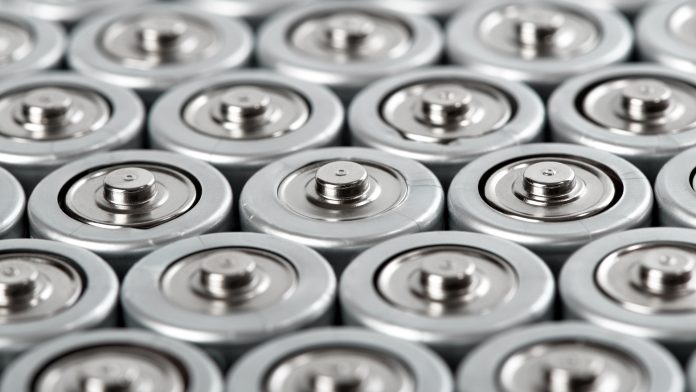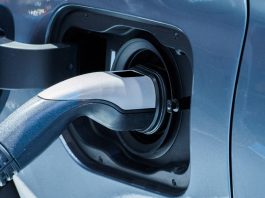A team of scientists has made a significant breakthrough in producing high-performance zinc-ion batteries, an advancement in the technology that may make them a competitive alternative to lithium-ion batteries.
The team, comprised of researchers at the King Abdullah University of Science and Technology (KAUST), has designed a novel electrolyte and electrode that has significantly enhanced the performance of zinc-ion batteries in multiple facets. The most notable improvement in performance was demonstrated in their stability throughout several charge and discharge cycles.
The development of high-performance zinc-ion batteries may potentially provide station storage that is cheaper, safer, and more environmentally friendly than widely used lithium-ion alternatives, although, until now, technological progress has stalled due to their rapid degradation during use.
Combatting limitations in zinc-ion batteries
To overcome this degradation issue, the team designed a water electrolyte comprised of a very high salt concentration. This is because when more salt ions are present in the solution to bind to the surrounding water molecules, fewer free water molecules are available to damage the electrodes.
Characteristically, zinc salts display limited solubility in water; therefore, the team added sodium to create a highly concentrated electrolyte of zinc perchlorate and sodium perchlorate.
Yunpei Zhu, a research scientist at KAUST, said: “We found this combination delivers very high solubility to suppress water activity, without lowering the key attributes of zinc-ion batteries, including their high ionic conductivity, safety or environmental friendliness.”
To supplement this, the team also produced a new nanofibre-based cathode material for zinc-ion batteries.
Husam Alshareef, the leader of the research from KAUST, said: “The nanofiber morphology enhances ion diffusion, which ensures faster charge and discharge rates of the aqueous zinc-ion batteries. In testing, the team saw almost no capacity decay over 2,000 charge cycles. This combination of electrode and electrolyte potentially solves the shortcomings of conventional aqueous zinc-ion batteries.”
Potential applications
Stationary banks of batteries connected to renewable energy sources, such as wind farms, solar installations, or hydropower, may potentially be a crucial and effective weapon in transitioning away from the fossil-fuel-powered electricity grids currently utilised. Whereas size and weight are key in mobile devices like phones and laptops, stationary batteries can be relatively large and heavy, meaning that alternative rechargeable solutions to lithium-ion batteries could be employed. The batteries designed on a water-based solution of zinc ions demonstrated great potential for stationary storage due to their high capacity, low cost, and lack of toxicity. The research opens new avenues for developing aqueous zinc-ion batteries for electrochemical storage applications.









